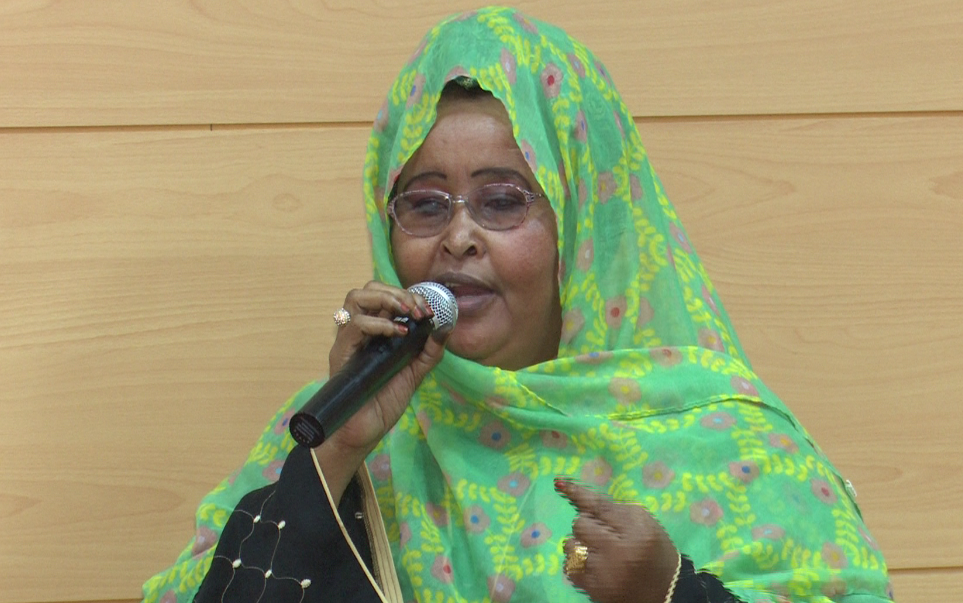Hajj costs based on international agreement-Religious Affairs minister


The government may not be in a position to directly intervene on the fees charged by travel agencies for Hajj pilgrimage since it’s based on international agreement, state minister for religious affair Abdikarim Hassan Abshir has said.
The minister told Goobjoog News Somalia had to obey the agreements as a gesture of good relations but noted his ministry will engage the Saudi ministry to ensure the pilgrimage goes on without any obstacles.
“The agreement that allows Somali pilgrims to go to Hajj was one in place before my tenure and generally the incumbent administration and signed by the previous one. Out of courtesy, we are compelled to respect international relationship and general agreements done inside our country especially the ones signed at the start of this year and we took office in March 2017,” said Abshir.
The minister’s remarks come a day after the Senate accused travel agencies of ripping off the public by charging exorbitant rates and went ahead to summon the minister to provide a government position on the matter.
RELATED: Hajj costs a rip off, Senate lambastes travel agencies, summons ministers
The Senators questioned the rationale travel agencies applied to arrive at the fees which they said were far beyond normal costs. Pilgrims are charged up to $3,800, the Senators said noting the agencies were setting their own figures to make a kill out of the season.
The minister has however noted the government cannot make any sudden changes regarding the fees. “We could not change much quickly but mostly we expect to lessen Hajj challenges and not to burden travel agencies but we shall negotiate with our counterpart Saudi ministry to deal with the obstacles.”
The minister also noted the ongoing drought had impacted negatively on the number of Somalis expected to travel for the Hajj. The much the Ministry of Endowment and Religious Affairs knows is 9,300 slots allocated to us [by Saudi Arabia] but due to several problems prominently among them the long drought that hit our country this year and the economic state, the number of those going will reduce to around 7,500.”